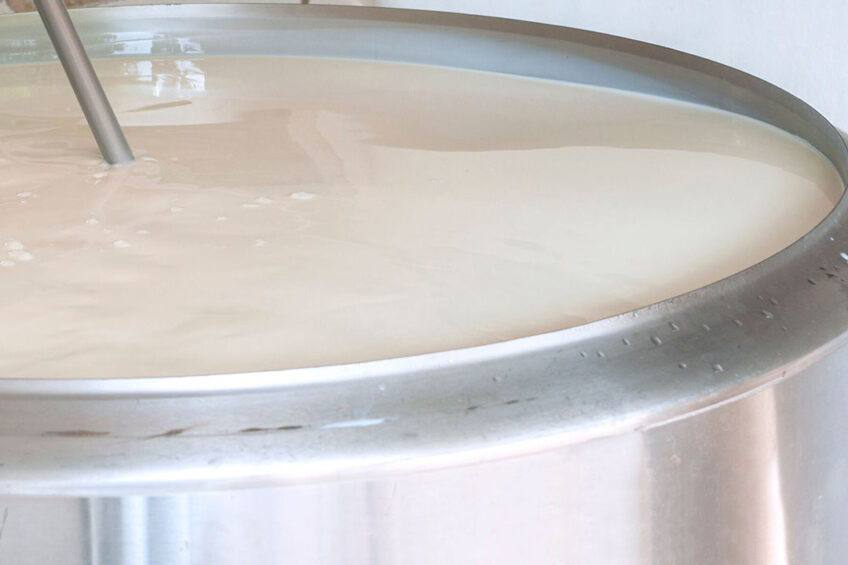Ukraine dairy companies source raw milk from EU

A raw milk shortage in Ukraine is pushing local dairy companies to set their sights on neighbouring EU countries.
In September, Ukrainian dairy companies will sign contracts with Polish companies to purchase 15,000 to 20,000 tonnes of raw milk per month, Arsen Didur, executive director of the Ukrainian union of dairy industry enterprises, unveiled.
Ukraine lost thousands of cows due to hostilities in the east of the country. As a result, dairy plants have struggled with raw milk shortages since the beginning of 2023.
Poland is, on the contrary, facing a raw milk oversupply, Didur said, adding that Polish farmers already offered some Ukrainian dairy companies the opportunity to purchase raw milk for €0.39 per kg. He emphasised that Ukrainian farms sell milk at the same price, so this level is comfortable for Ukrainian dairy businesses.
“The protein content in Ukrainian raw milk is 3%, fat 3.4%, in Polish milk – protein 3.4%, fat 3.8%. This improves the processing economy and attracts processors,” Didur explained.
A win-win in dairy?
Ukrainian dairy companies claim the currently discussed agreements with Poland’s farmers should lead to a win-win situation. However, the Ukrainian association of milk manufacturers, an industry organisation uniting milk farmers, has a different opinion.
The dairy companies’ intention is not patriotic, the press office of the association claimed. Poland’s farmers are subjected to substantial state aid from their government and can sell their products at highly competitive prices. In the long run, however, an inflow of milk from the EU could put additional pressure on the already troubled Ukrainian milk segment, the association warned.
Victor Rzhavichev, executive director of the Ukrainian dairy company Voloshkove Polye, confirmed that his company was in negotiations with Poland’s milk farmers. He argued that the deal should not be considered non-patriotic since its eventual goal was to ensure that “Ukrainians have good dairy products at affordable prices”.
Still, Ukrainian dairy companies admit that a rise in imports could provoke a further slump in domestic raw milk output.
“Such a scenario is quite probable if the state does not intervene and help milk producers to survive in this difficult time,” Didur said. “So far, we do not see steps from the state to support milk producers with subsidies. So, we were forced to respond to potential risks by searching for raw materials in alternative markets,” he added.






